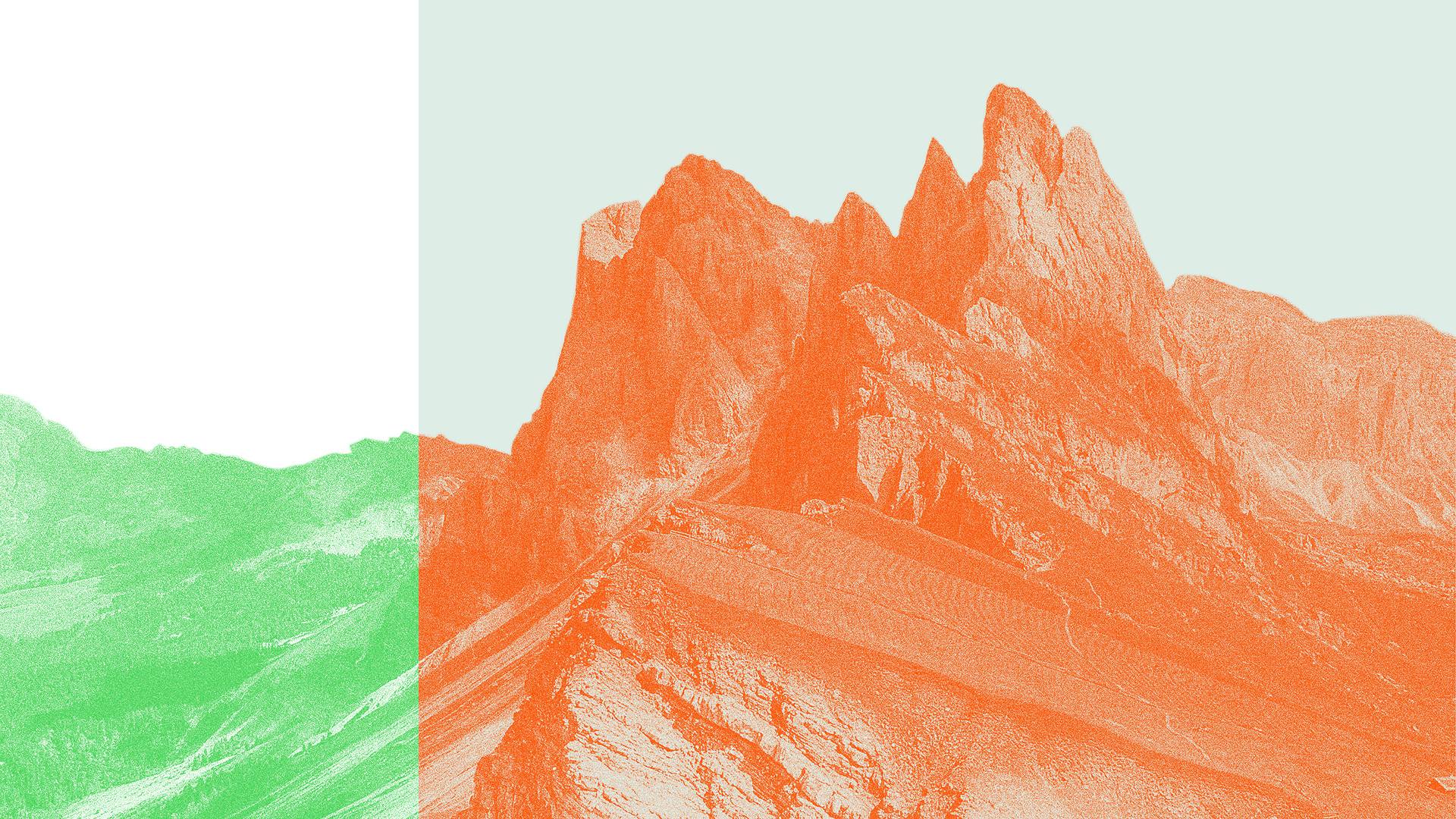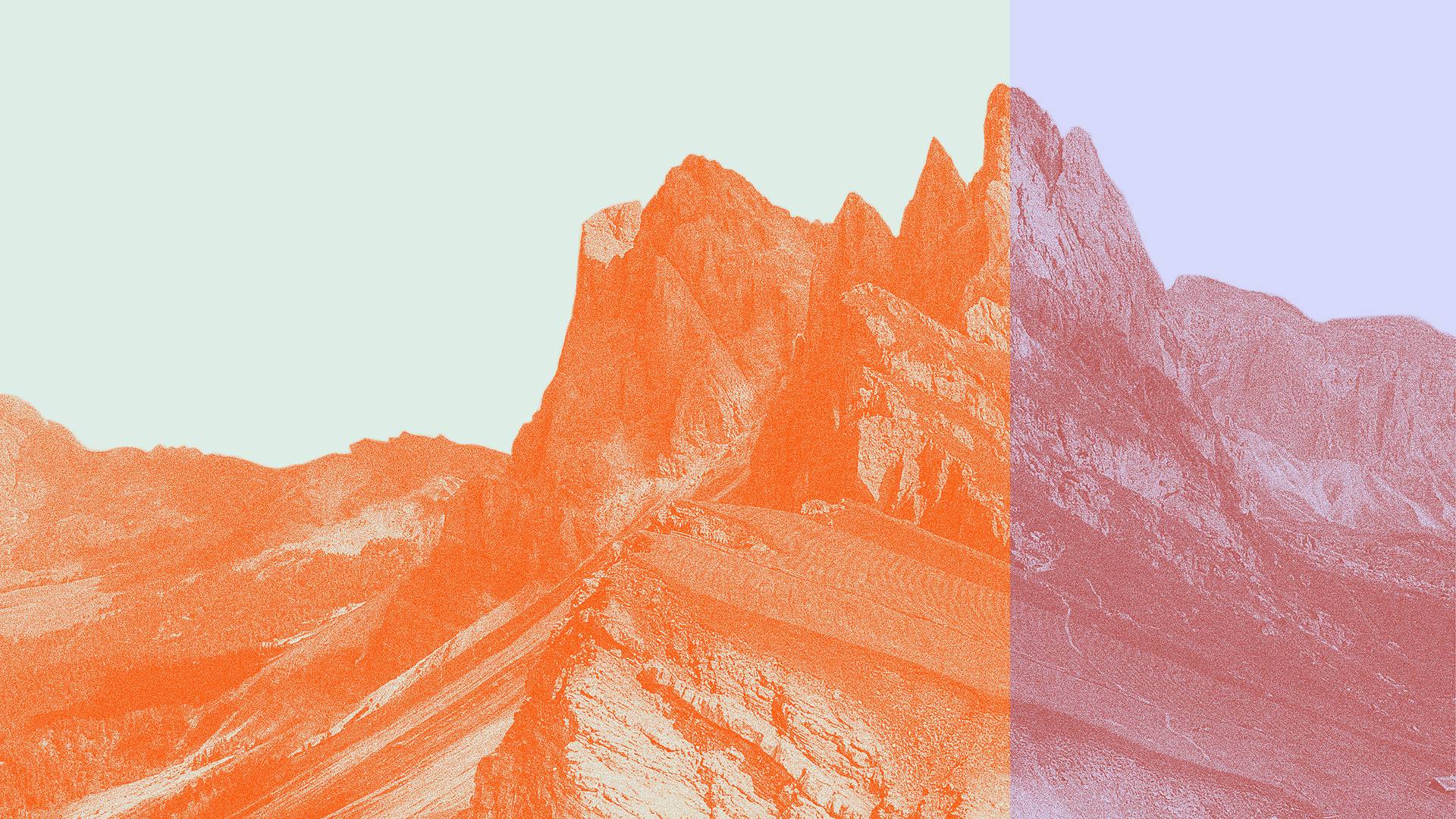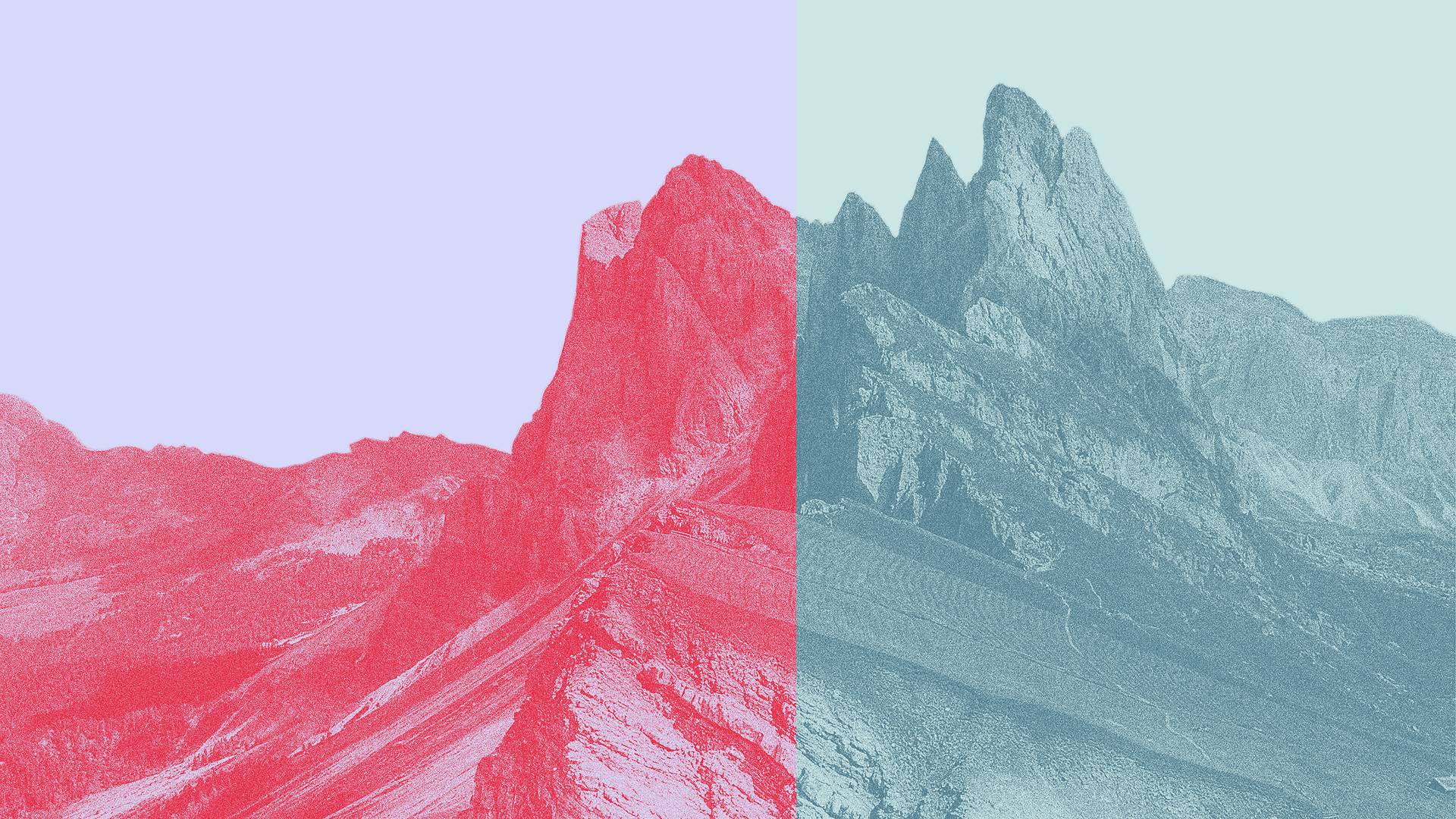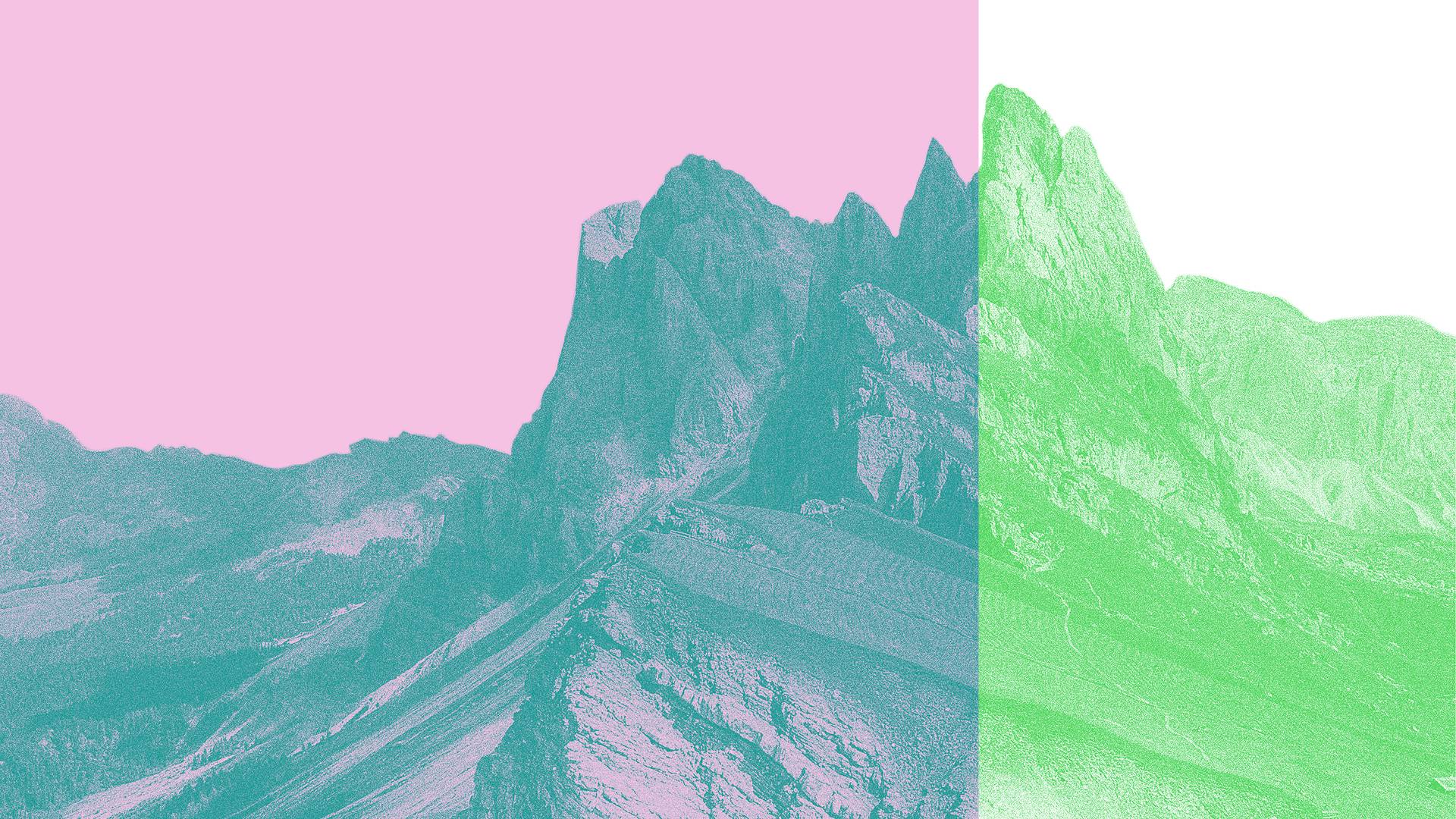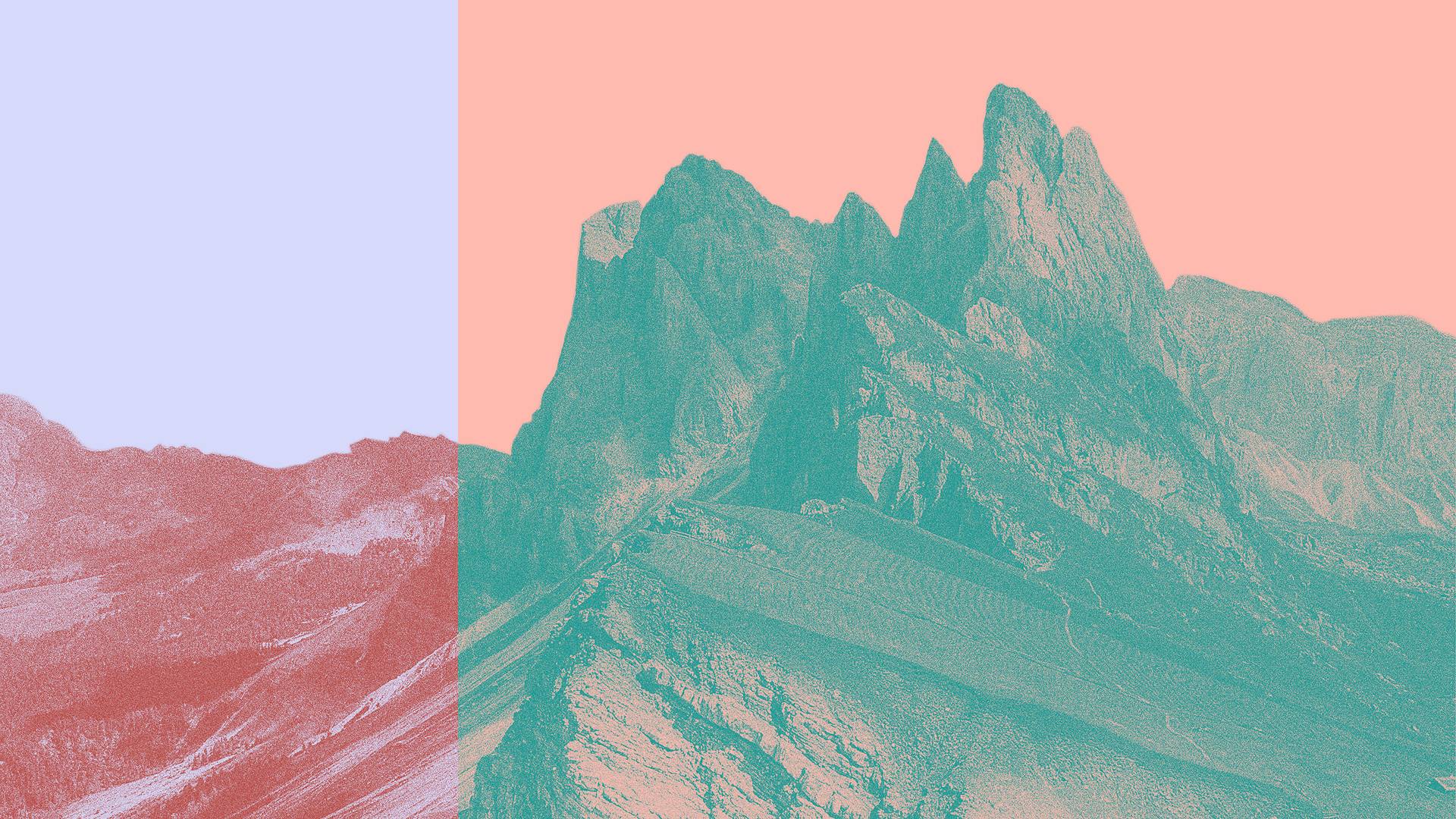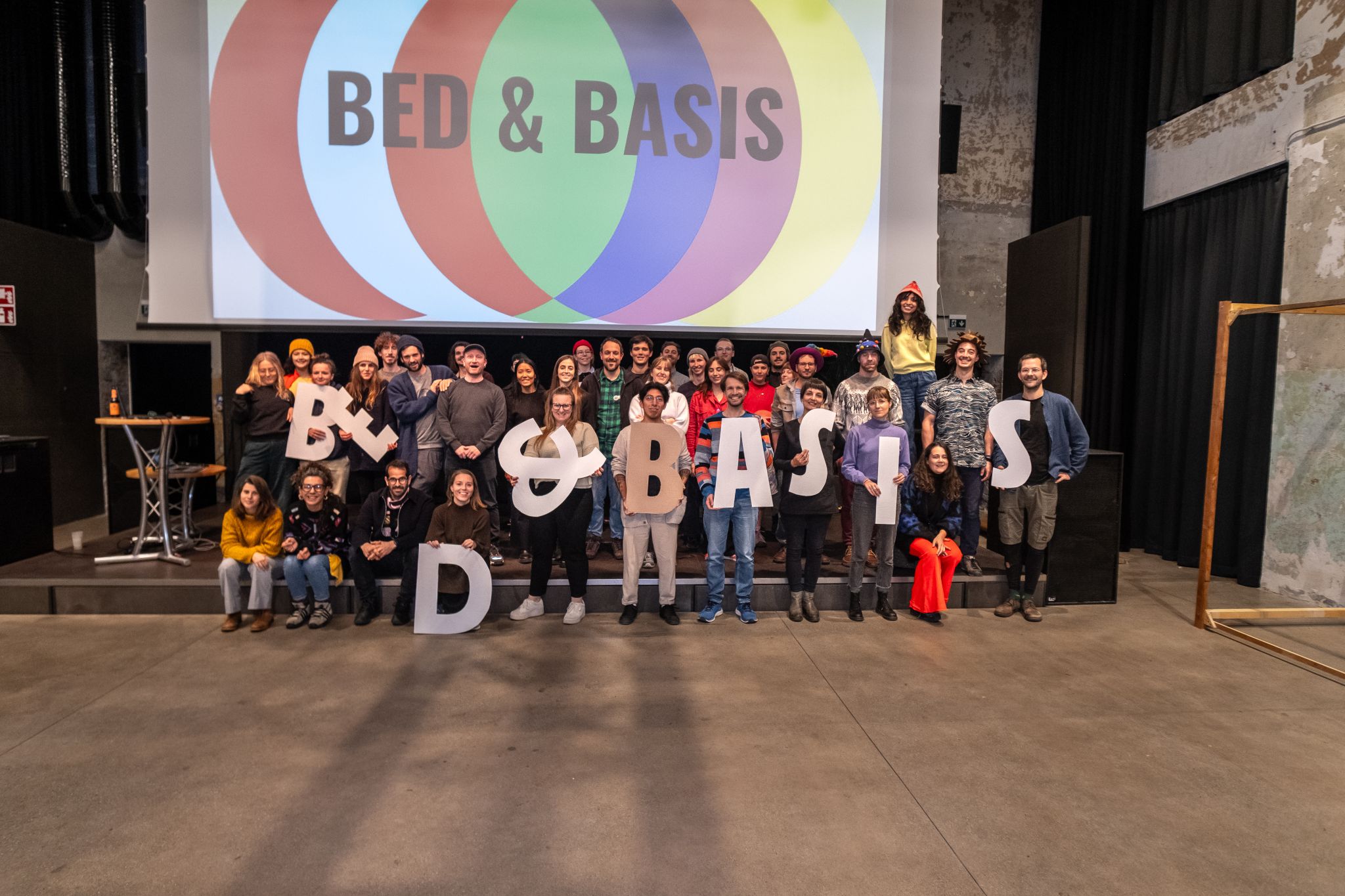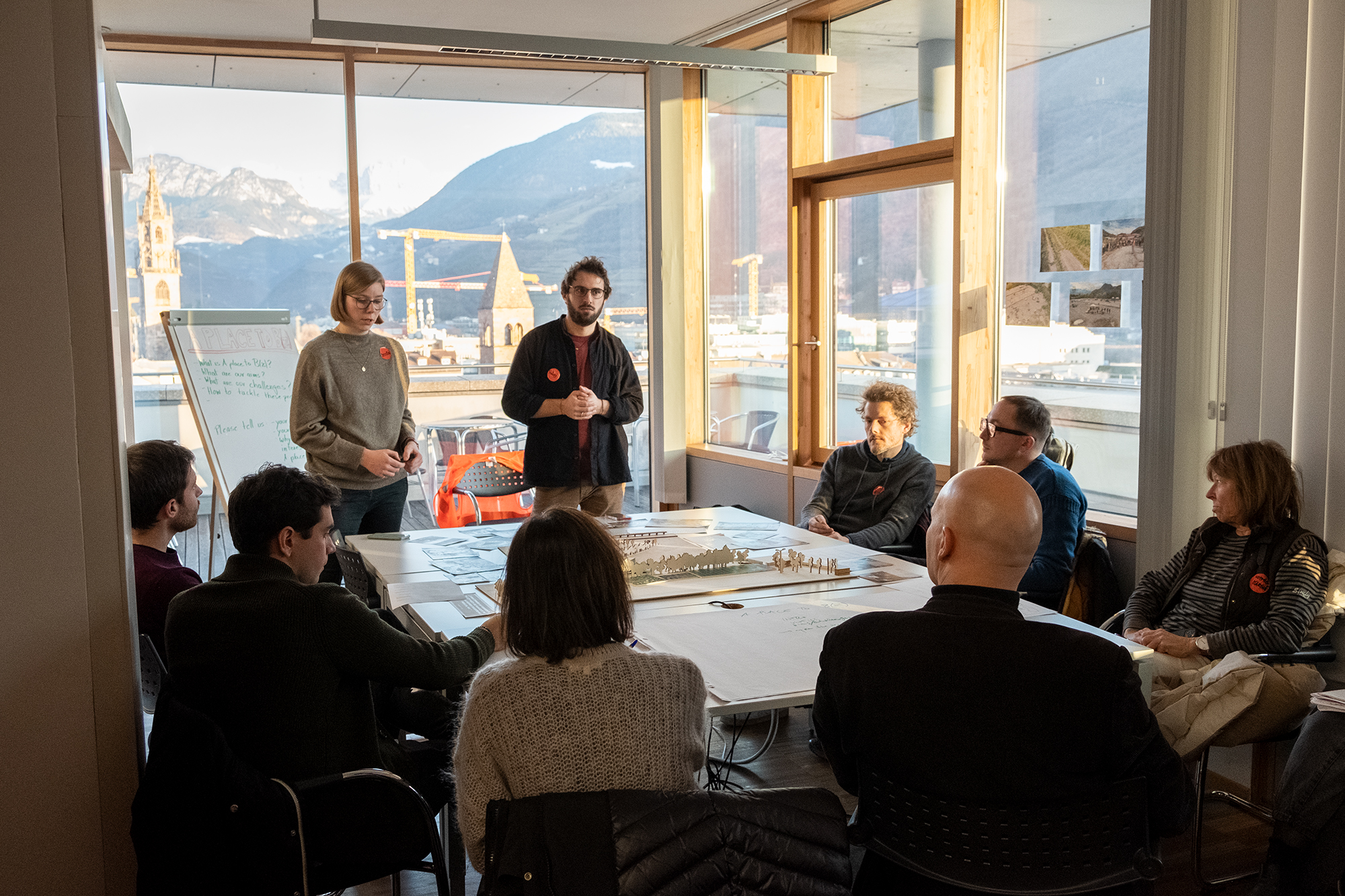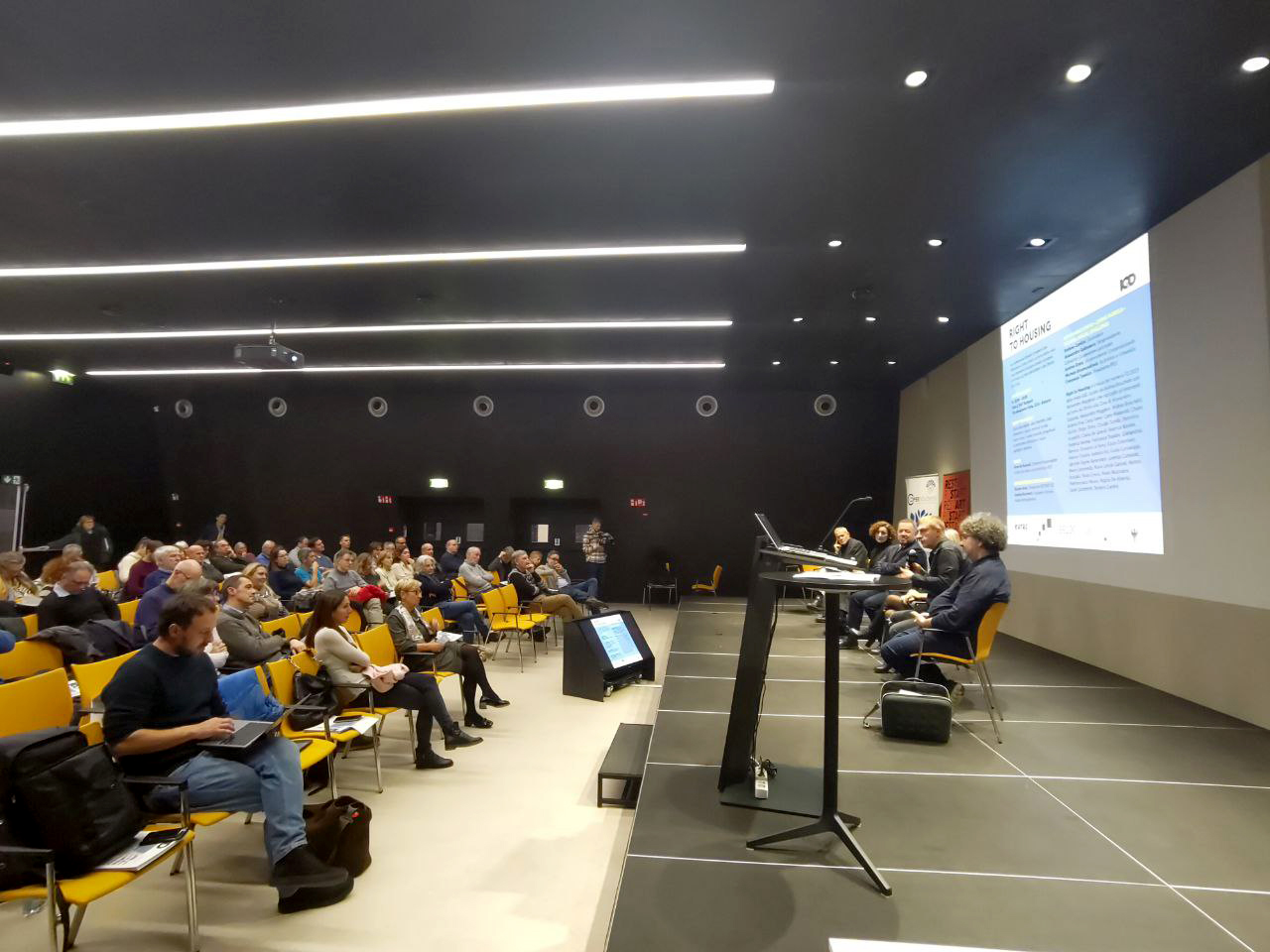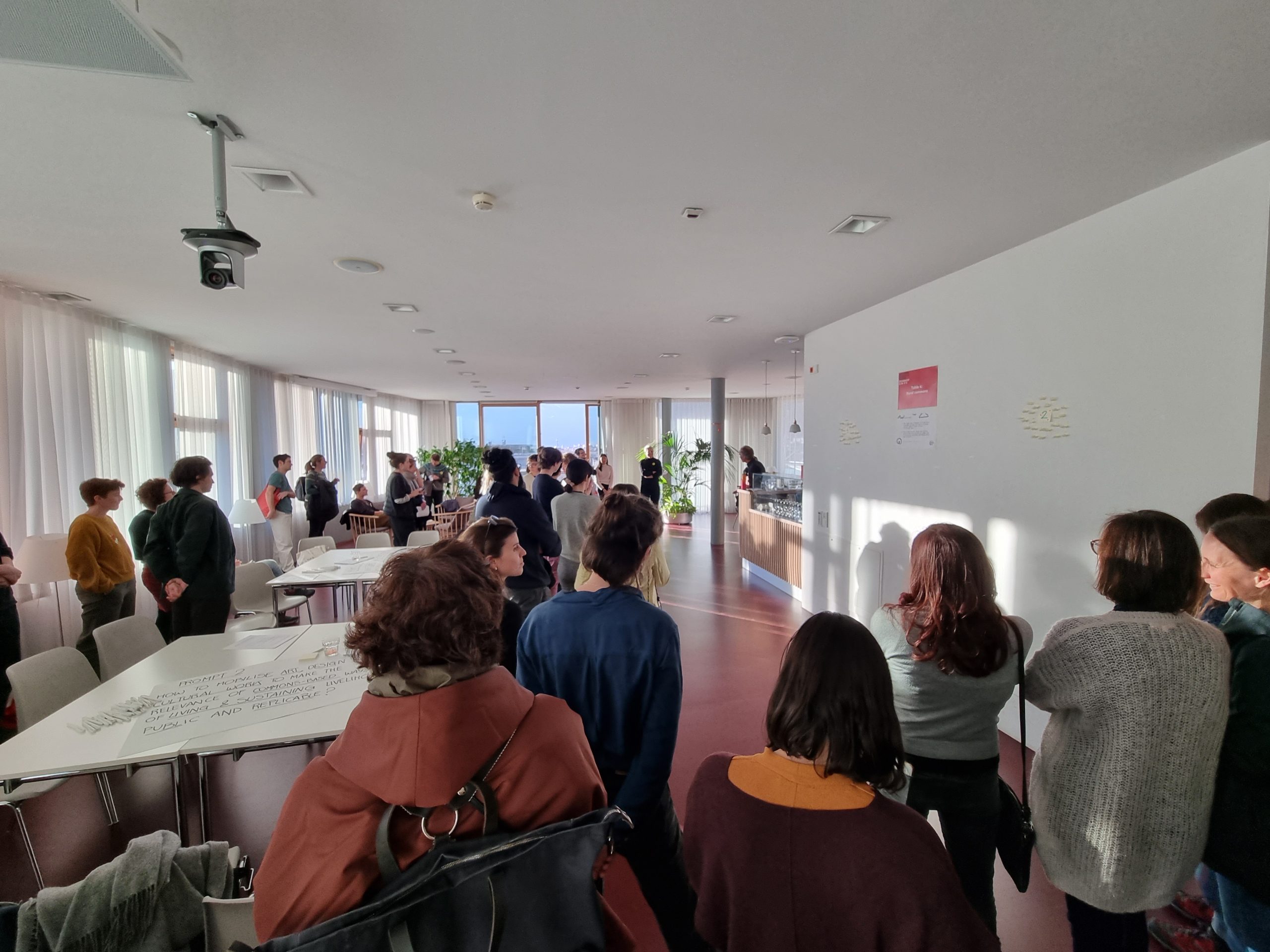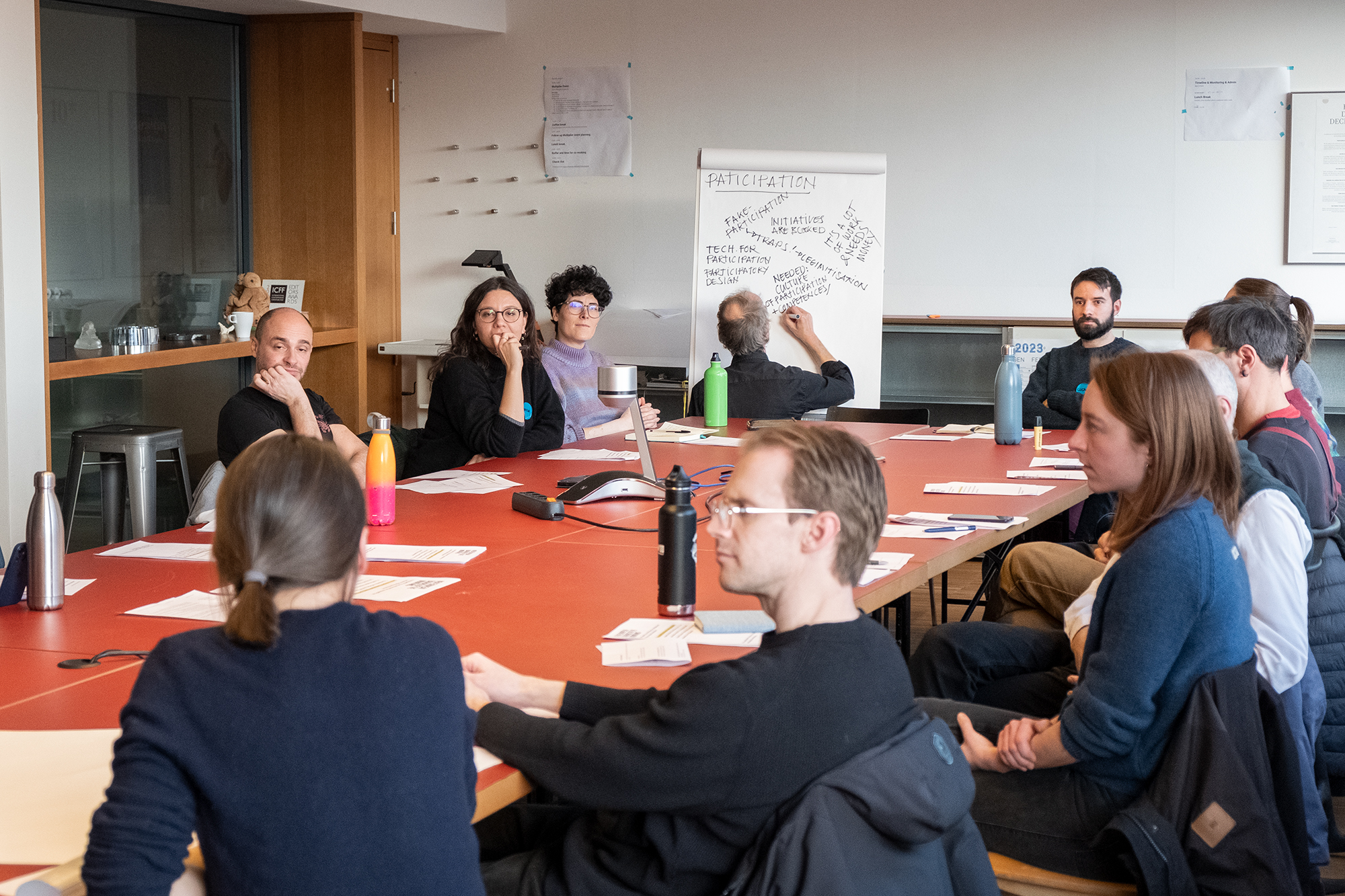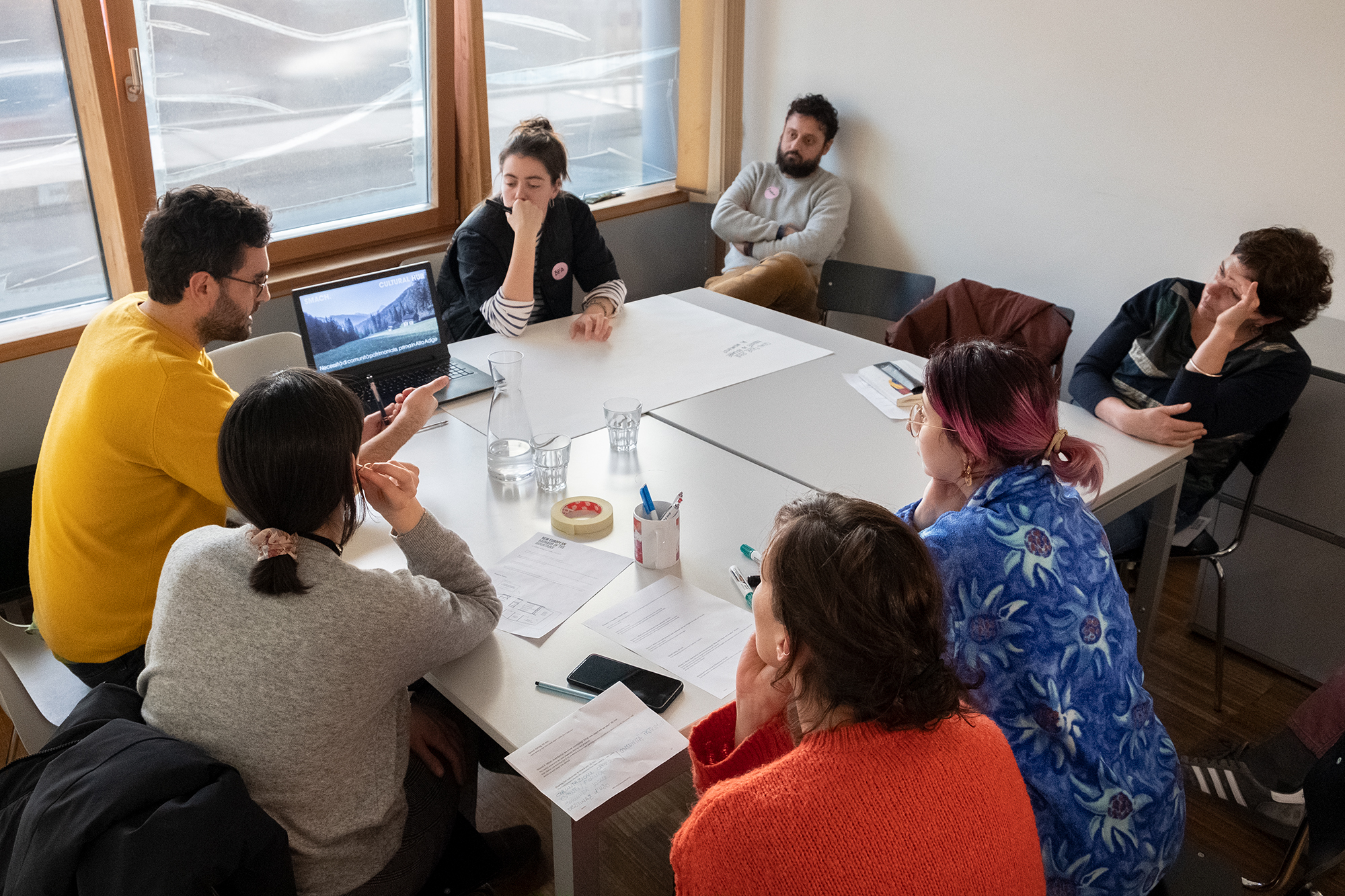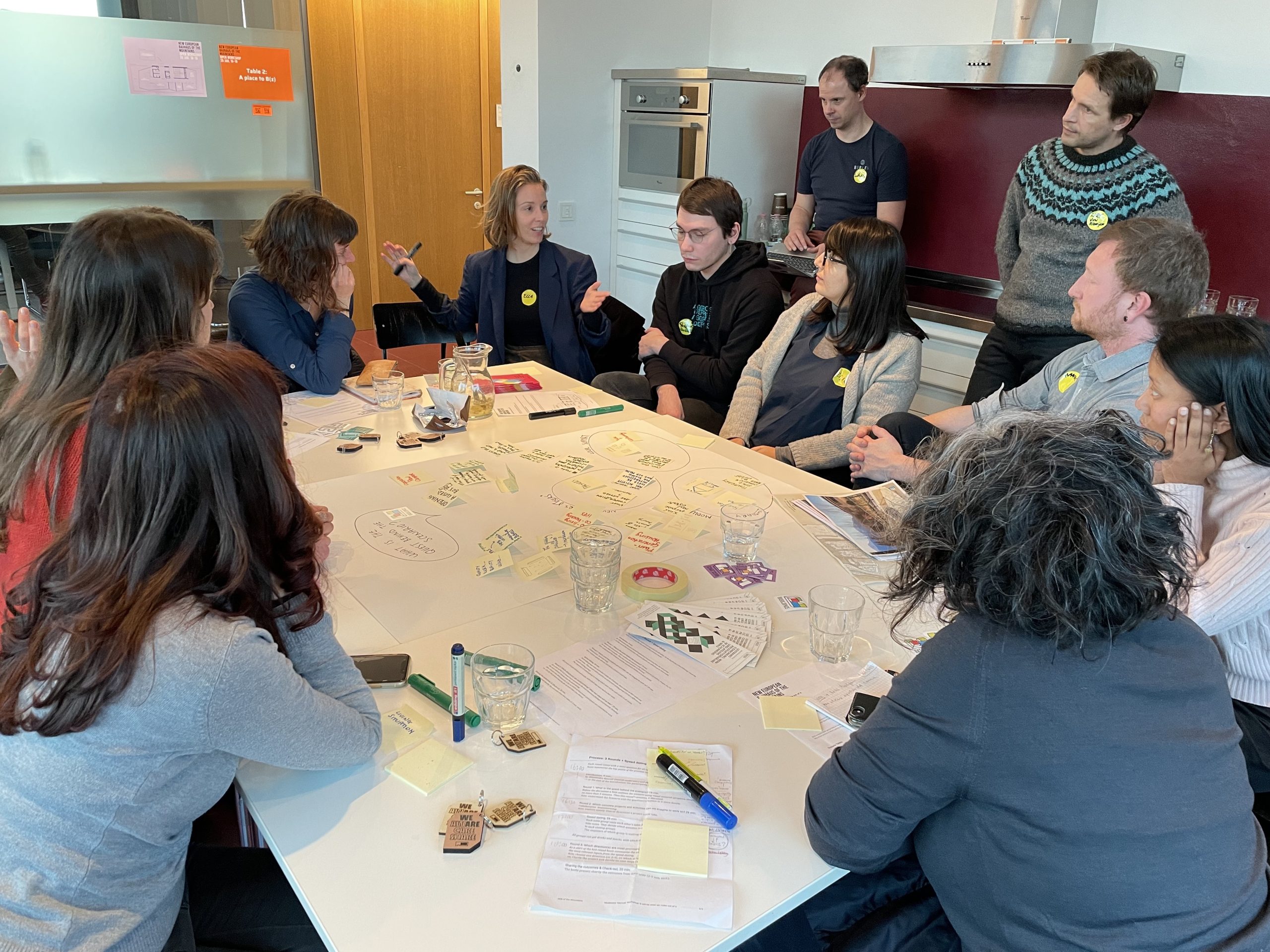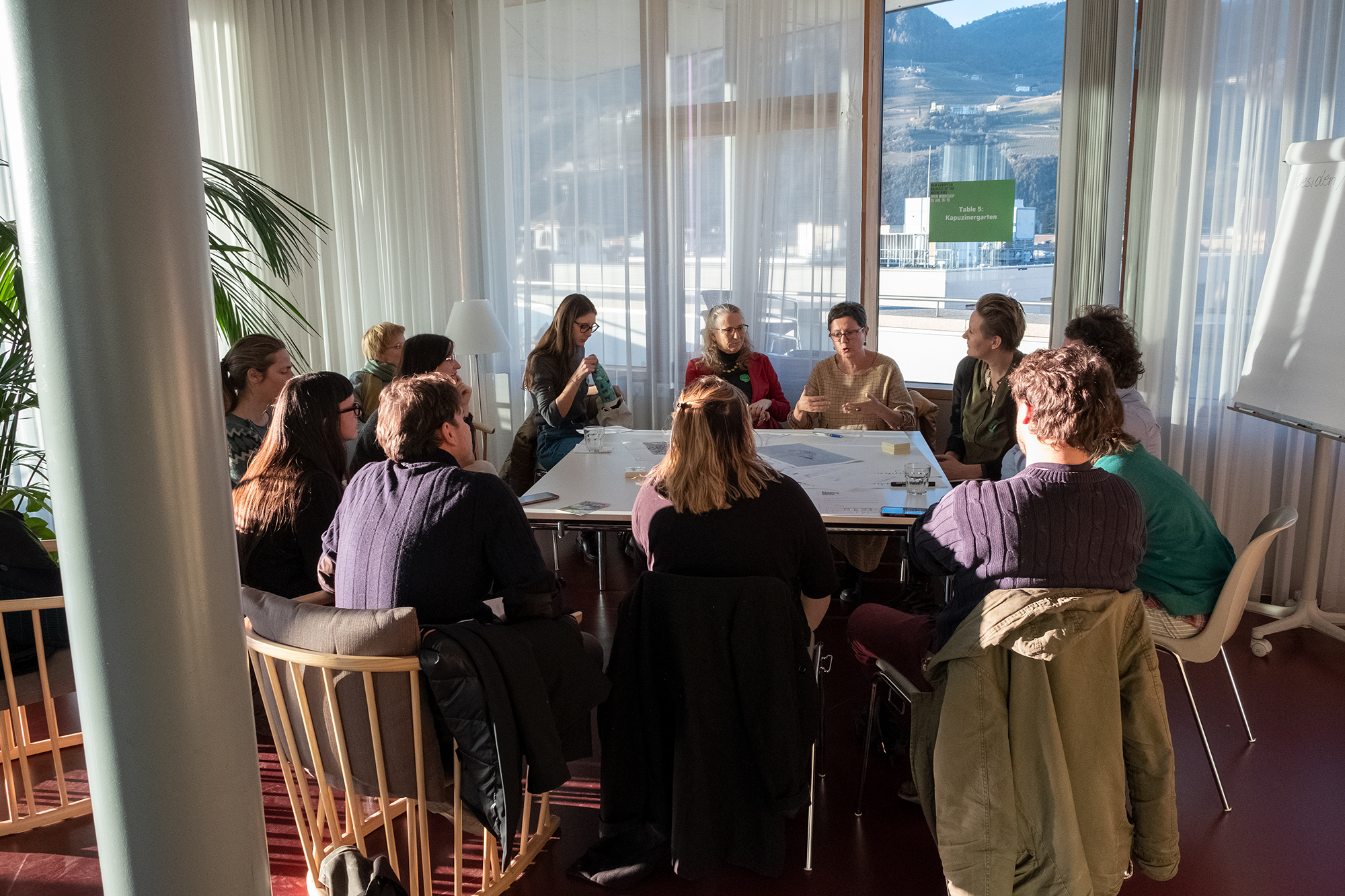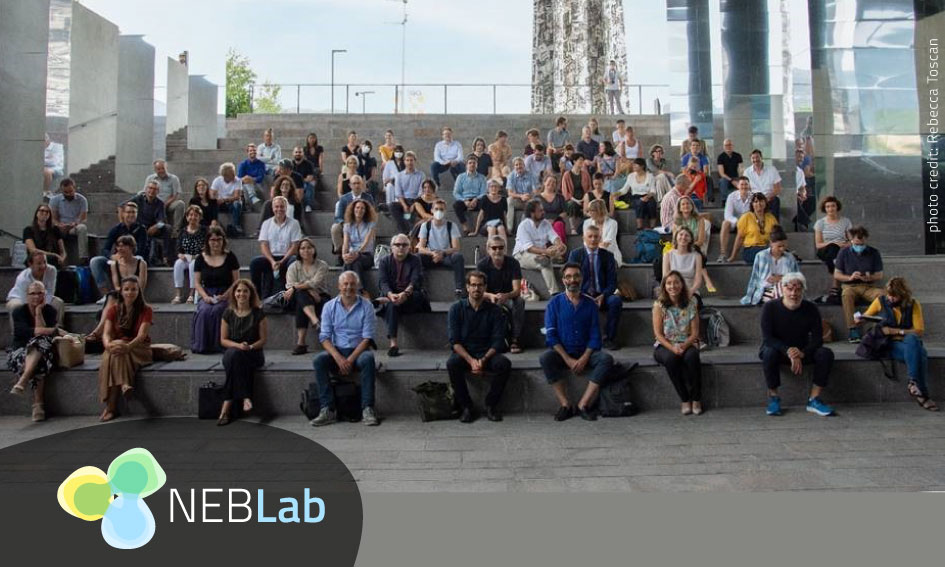The New European Bauhaus of the Mountains gatherers persons from the most diverse directions of art, architecture, design and other fields IN SOUTH TYROL to work on the societal challenges of OUR time. TOGETHER WE STRIVE to shape the profound transformation towards sustainable, resilient and solidary modes of living and production.
GOING ON AT THE MOMENT
WHAT WE HAVE DONE SO FAR
The New European Bauhaus
The Bauhaus gathered persons from the most diverse directions of art, architecture, design and other fields to work on the societal challenges of their time. Today, in the face of escalating multiple crises, the task is to shape the profound transformation towards sustainable, resilient and solidary modes of living and production. The New European Bauhaus is developing through regional hubs all over Europe.
The New European Bauhaus of the Mountains started in South Tyrol with open workshops in July 2021. It aims to enable creative collaboration among designers, architects, urbanists, rural developers, artists, engineers, scientists, farmers, entrepreneurs, policy makers, students, inhabitants and everyone interested. Join to co-create a social-ecological transformation focussing on mountain areas.

